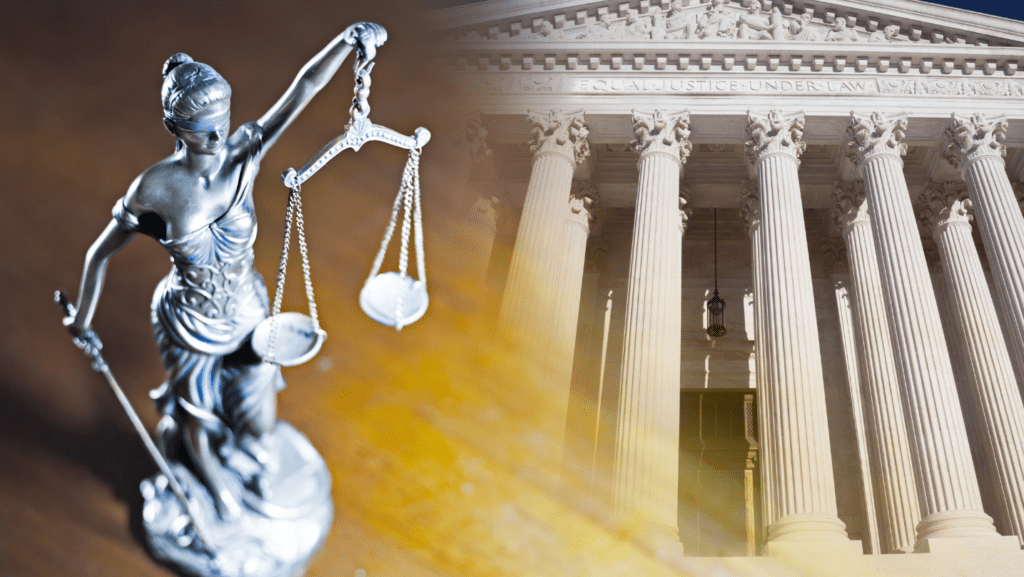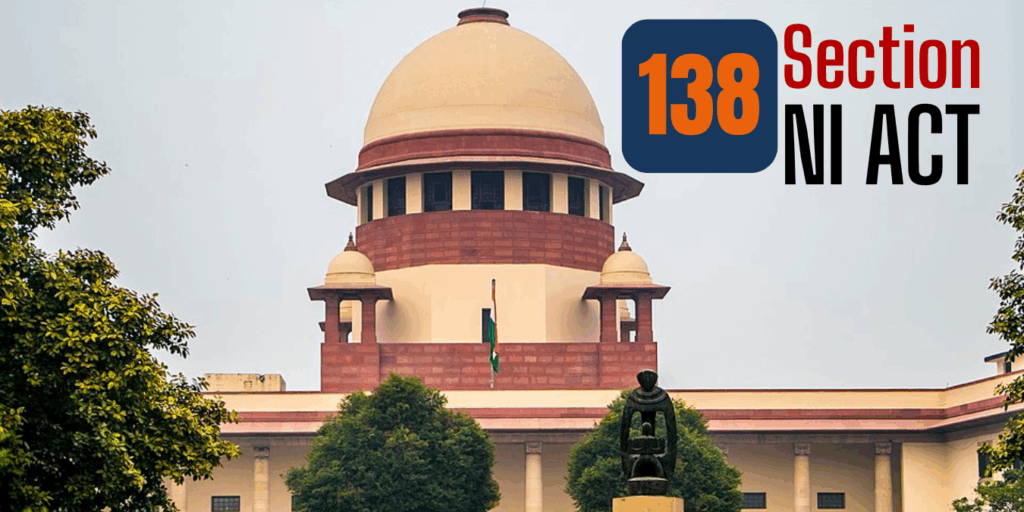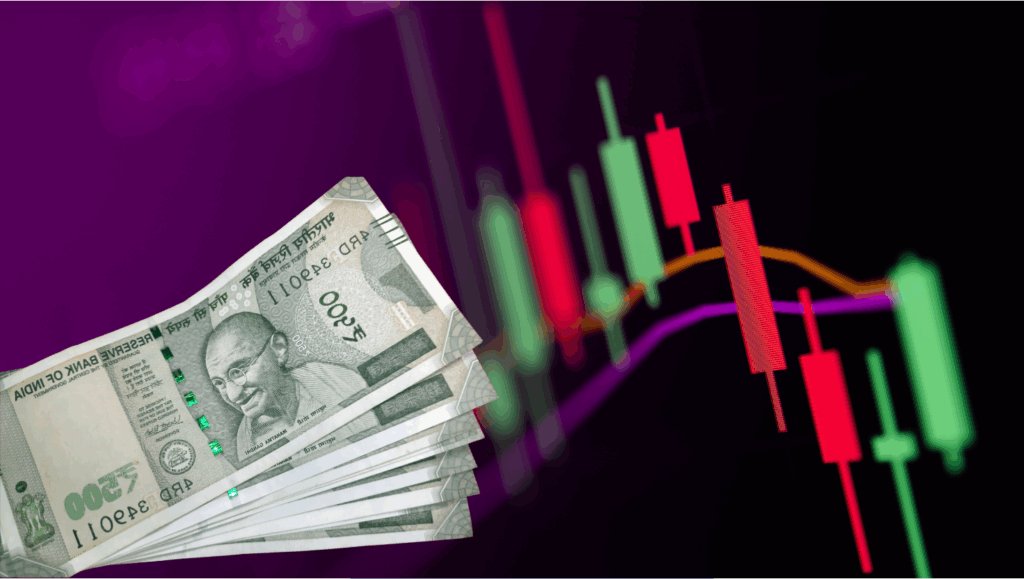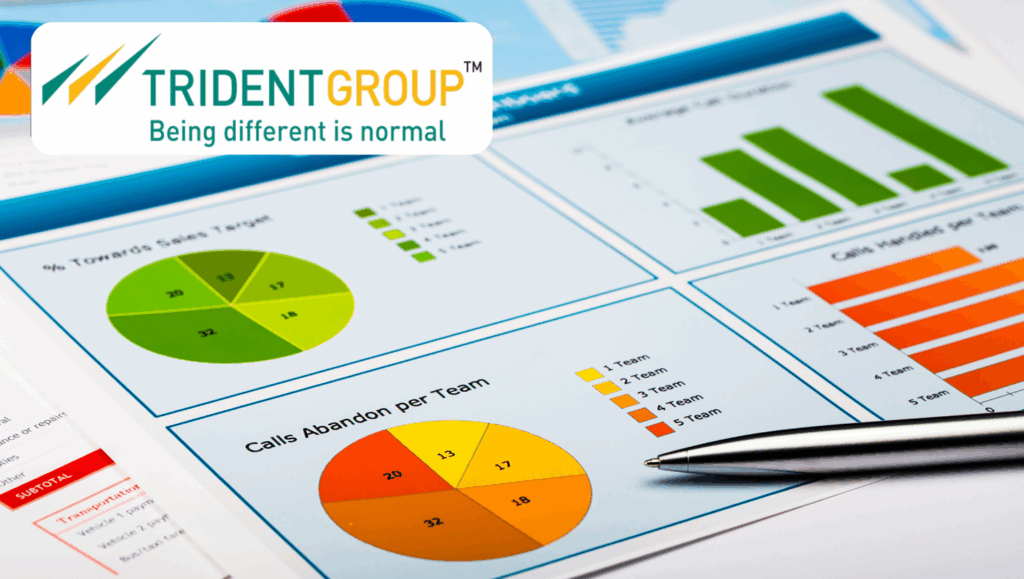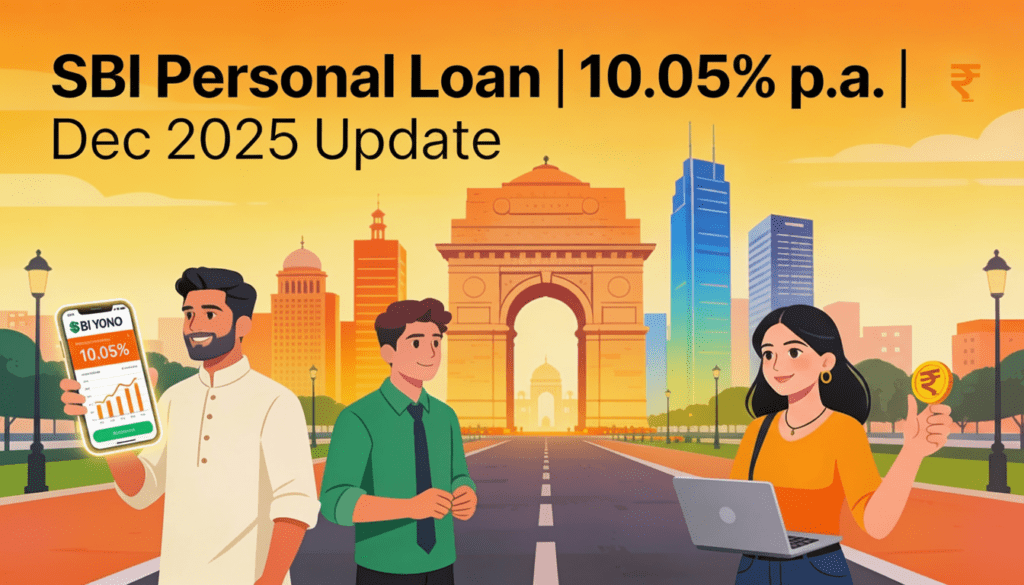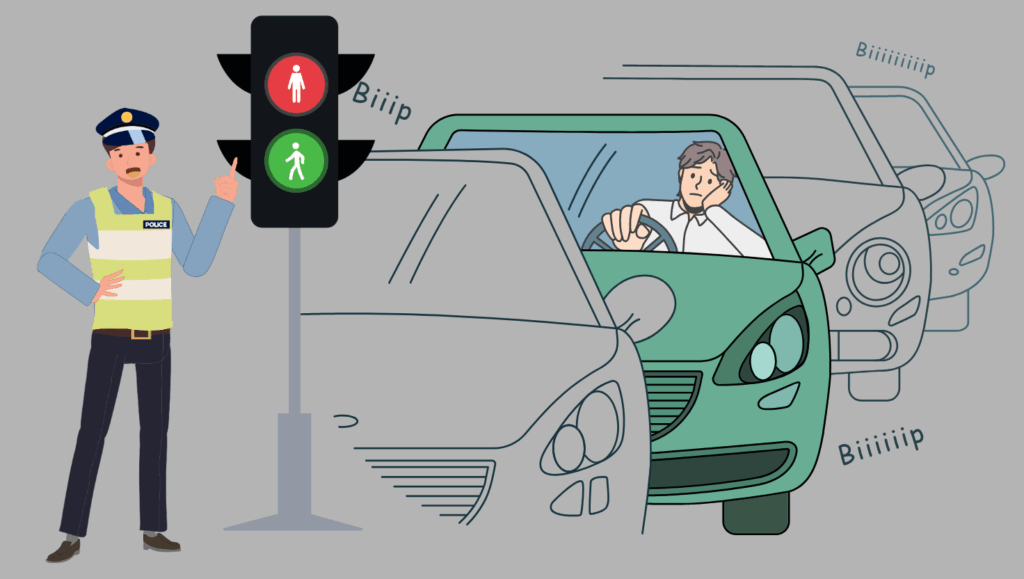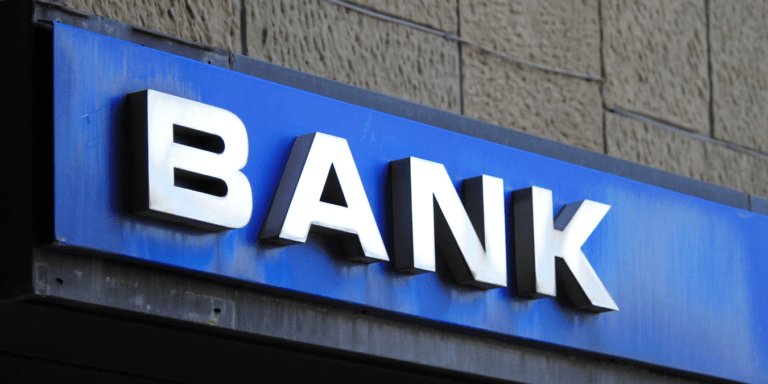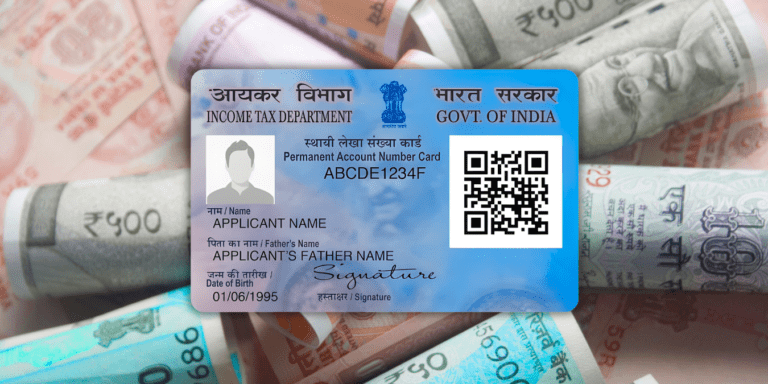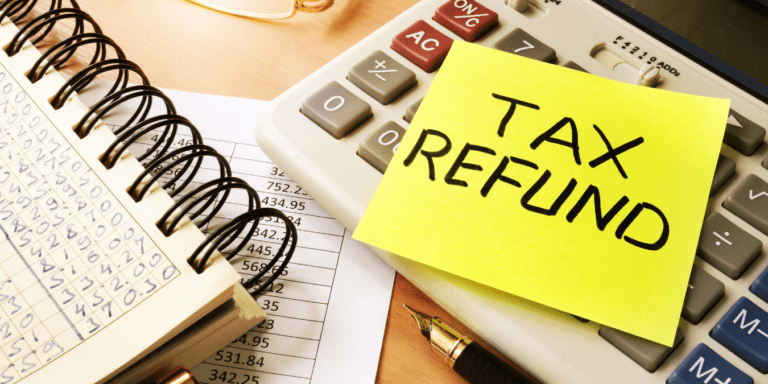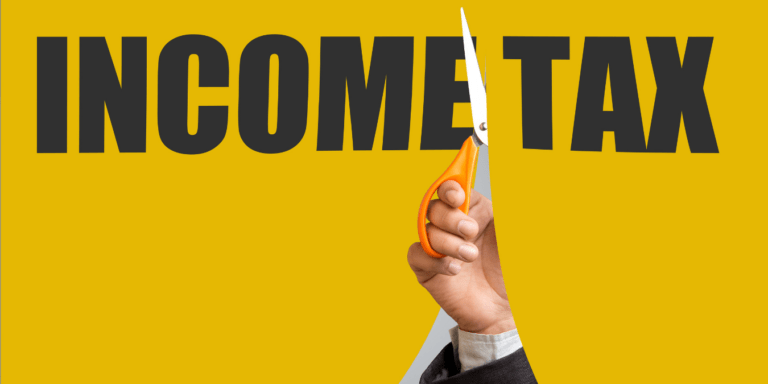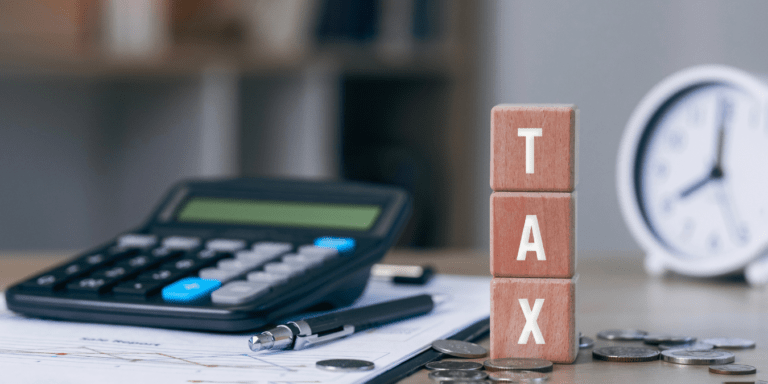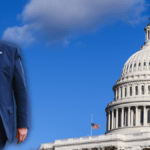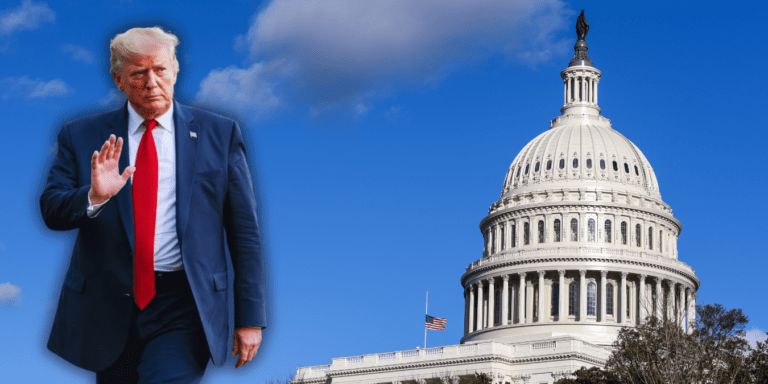
What Just Changed in Section 87A? Why Salaried Taxpayers Are Calling It a ‘Once-in-a-Decade Tax Hack’ in 2025
A stunning 2025 tax twist is shaking up India’s salaried class — Section 87A now touches short-term capital gains in ways no one saw coming. Is this a hidden rebate, a legal fluke, or your smartest zero-tax opportunity of the year? The surprising truth could change this season’s returns forever!
If you’ve been losing sleep over taxes on your short-term capital gains (STCG), here’s some good news that could turn your next ITR season into a surprise relief. For lakhs of salaried taxpayers, the latest interpretation around Section 87A has created what experts are calling a “Smart Tax Hack within the New Regime” — allowing an income tax rebate even when your income includes short-term capital gains on equities.
But the real story runs deeper — a mix of court rulings, CBDT circulars, and budget policy shifts that have shaken up the way middle-class investors and salary earners plan their tax strategy for FY 2024–25. Let’s decode this evolving tax twist in simple terms — and discover whether you, too, can claim this hidden relief.
What Exactly Is Section 87A?
Section 87A of the Income Tax Act, 1961 offers a rebate — meaning a direct reduction in your computed tax liability.
- Under the Old Tax Regime, you get a rebate of up to ₹12,500 if your taxable income does not exceed ₹5 lakh.
- Under the New Tax Regime (as per Section 115BAC(1A)), resident individuals with income up to ₹7 lakh get a rebate up to ₹25,000, making their final tax zero.
In simple words: if your total income — after standard deductions and exemptions allowed — remains within ₹7 lakh, you owe no income tax under the new system.
The Shocking Twist: STCG and the 87A Rebate Drama
For decades, Indian tax experts have treated capital gains (especially short-term ones under Section 111A) as “special rate income”, taxed at 15% regardless of your income bracket. That’s why the assumption has always been — the Section 87A rebate doesn’t apply to such gains.
However, the Income Tax Appellate Tribunal (ITAT), Ahmedabad, in its August 2025 ruling, completely flipped this belief. The tribunal held that:
“Section 87A does not expressly exclude short-term capital gains (STCG) under Section 111A. Hence taxpayers can claim the rebate, provided their total income is within ₹7 lakh under the new regime.”
This one interpretation changed everything — leading lakhs of salaried taxpayers who had invested in stocks or mutual funds to suddenly realize they could save more than expected.
A Quick Example (FY 2024–25)
Ravi, a 28-year-old IT engineer, earns ₹6.2 lakh annually in salary and made ₹50,000 in short-term capital gains by selling equity mutual funds.
- Total income: ₹6.7 lakh (within the ₹7 lakh limit)
- Tax on salary + STCG: ₹56,000 (approx.)
- Rebate under Section 87A: ₹25,000
- Final tax payable: ₹0
Yes, surprising as it sounds — Ravi’s entire liability became nil, making him a perfect example of this “smart relief.”
CBDT Circular No. 13/2025 — The Turning Point
To calm the chaos, the Central Board of Direct Taxes (CBDT) issued Circular No. 13/2025 in September 2025.
It clarified that:
- The rebate under Section 87A cannot be claimed for income taxed at special rates, such as STCG under Section 111A or LTCG under Section 112A.
- However, taxpayers who had already received this rebate through the ITR system would not face interest penalty if they pay the resulting demand by December 31, 2025.
In simple English: The CBDT technically disallowed the rebate but offered partial relief to those already caught in the confusion.
The Legal Tug-of-War: ITAT vs CBDT
This is where it gets intense — a legal clash between different interpretations of the same section.
| Entity | Position | Practical Impact |
| ITAT Ahmedabad (Aug 2025) | Allowed 87A rebate on STCG under Section 111A | Huge relief for small investors |
| CBDT Circular (Sept 2025) | Denied rebate on all special-rate incomes | Increased tax burden, possible refunds reversal |
| CIT(A) Rulings (Oct 2025) | Supported ITAT ruling for specific cases | More hope for taxpayers facing notices |
Many Chartered Accountants have called this a “policy backfire”, arguing that the government is applying future rules (FY 2025–26) retroactively on FY 2024–25, which is legally unsound.
What Does the Budget 2025 Say?
The Union Budget 2025, presented by Finance Minister Nirmala Sitharaman, included a decisive tweak:
From FY 2025–26 (AY 2026–27), Section 87A rebate will not apply to any income taxed at special rates, including STCG or LTCG.
This means — while the benefit existed “in interpretation” for FY 2024–25, it officially ends from the next financial year.
That makes FY 2024–25 a “rare window of opportunity” for salaried investors to enjoy this unexpected rebate — if their total income doesn’t cross ₹7 lakh.
Why Salaried Taxpayers Are Celebrating
For millions of salaried professionals who also dabble in equity markets, this judgment is more than just legal jargon — it means real savings.
Imagine this scenario:
- You earn ₹6.8 lakh salary and ₹20,000 STCG under the new regime.
- Without rebate, you pay tax of around ₹8,000.
- With the 87A interpretation, you pay zero.
In a country where every rupee saved matters, that’s not small change — it’s a hidden wealth hack for the smart middle class.
The CPC Glitch: Why Some ITRs Got Rejected
Interestingly, thousands of users reported that after July 2024, the Income Tax e-filing system (CPC) stopped automatically applying Section 87A rebate to returns that included capital gains.
This technical denial — even before any legal restriction was officially introduced — led to mass confusion and multiple rounds of revised filings. In fact, taxpayer forums like CAClubIndia and social media posts by CAs went viral complaining that “future law was being applied retroactively.”
Expert Opinions: The Great Divide
- Akhil Chandna (Grant Thornton Bharat) — “The ITAT judgment is legally valid. Section 87A nowhere excludes STCG. Taxpayers within the ₹7 lakh limit should be allowed full rebate.”
- Neeraj Agarwala (Nangia & Co LLP) — “While STCG was technically includable earlier, Circular 13/2025 now clarifies the future path. From FY 2025–26, no rebate will be allowed.”
- S. Vasudevan (Lakshmikumaran & Sridharan Attorneys) — “CPC has been instructed to reverse rebates mistakenly allowed earlier. Taxpayers need to check notices carefully.”
These contrasting statements show just how fluid and interpretative the situation remains today.
What Should You Do Now?
If you’re a salaried taxpayer who earned STCG during FY 2024–25 and filed ITR under the new regime, follow this checklist:
- Review Your ITR Acknowledgment
Check if Section 87A rebate has been applied automatically. - Got a Demand Notice?
- Confirm if it’s due to disallowance of the 87A rebate.
- You can pay by 31 December 2025 to avoid interest under Section 220(2).
- Check for Rectification Option (u/s 154)
If your rebate was wrongly denied, request rectification citing the ITAT ruling. - Stay Updated
Await a possible CBDT clarification or judicial review, as this issue is still evolving.
Hidden Benefit: Impact on Middle-Class Wealth Planning
This whole debate reveals a larger Smart Insight — tax literacy is now a wealth skill.
For a 30-year-old salaried investor using SIPs, F&O, or stocks, knowing whether short-term equity gains fall under 87A can literally save or cost ₹25,000.
By rightly claiming this rebate in FY 2024–25, you can direct that saving toward:
Smart, quick, and strategic — the kind of tax planning India’s digital-earners now swear by.
Timeline: Major Events Leading to Relief
| Date | Event | Impact |
| July 2024 | CPC begins blocking 87A rebate for special-rate incomes | Confusion across taxpayers |
| Aug 13, 2025 | ITAT Ahmedabad ruling allows rebate for STCG | Major relief under new regime |
| Sept 19, 2025 | CBDT Circular No.13/2025 clarifies disallowance on special income | Confirms rebate not applicable |
| Oct 2025 | Multiple CIT(A) orders validate ITAT view | Growing support for salaried investors |
| FY 2025–26 | New law formally restricts Section 87A rebate | Window closes permanently |
The Future: What Next for Section 87A?
The coming months will determine whether this relief stands firm or fades into tax history. Experts believe a Supreme Court-level challenge is possible, especially since the ITAT’s logic — “if the law doesn’t explicitly exclude it, taxpayers should benefit” — carries weight.
For now, if your total income (including STCG) is ₹7 lakh or less under the new regime, you’re in a sweet spot.
But from April 2025 onwards, that door will close, returning India’s salaried class to the traditional no-capital-gain-rebate zone.
Key Takeaways
- Section 87A offers ₹25,000 rebate under the new tax regime for income up to ₹7 lakh.
- ITAT Ahmedabad (Aug 2025) allowed this rebate even for STCG under Section 111A.
- CBDT Circular (Sept 2025) disallowed it for special-rate incomes but waived interest penalties.
- FY 2024–25 remains the only year where salaried taxpayers may legally use this relief.
- From FY 2025–26, the rebate on such income will be fully discontinued.
Final Thought
What happens when fine print turns into a tax loophole? That’s exactly what Section 87A’s short-term capital gains rebate saga has done — putting lakhs of salaried Indians in unexpected bonus territory. Between ITAT rulings, CBDT circulars, and policy shifts, one small clause has rewritten the meaning of tax relief under the new regime. For a limited time, if your total income (including STCG) is under ₹7 lakh, you could walk away with zero income tax — a once-in-a-decade hidden gift before it disappears next year. But beware: with tax departments issuing rectifications and notices, your next move must be smart and quick. File carefully, verify your ITRs, and stay tuned — 2025’s most talked-about tax twist might just decide your refund fate this season.



